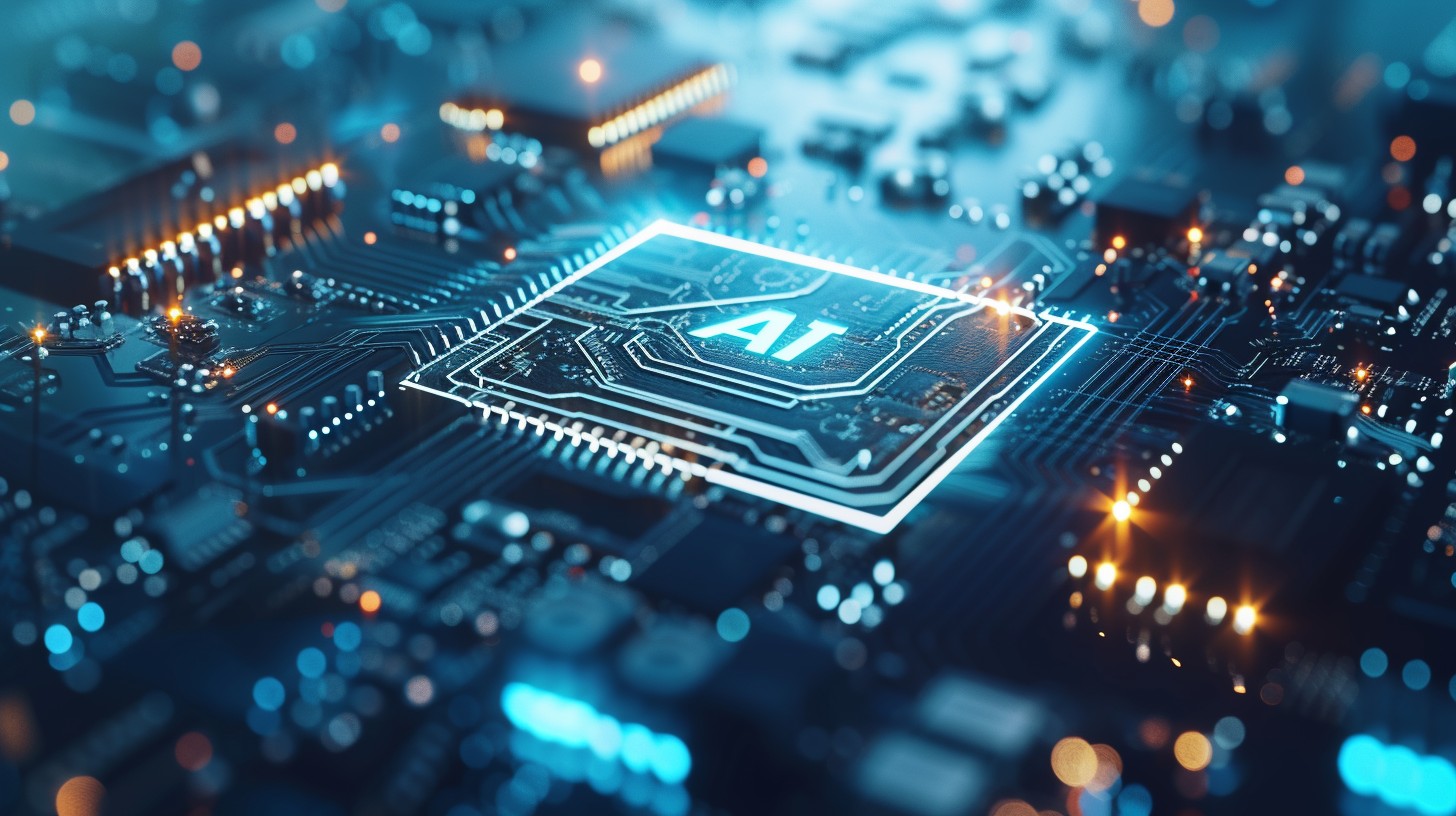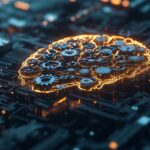AI and Automation: Transforming the Future of Work and Industries
The rapid advancements in artificial intelligence (AI) are driving a profound transformation in how industries operate and how work is performed. From enhancing productivity to reshaping business models, AI’s impact on automation is both promising and challenging. In this blog, we will explore the various ways AI is influencing automation and the implications of this shift for the future of work and industries.
The Rise of AI-Powered Automation
Automation has long been a staple in industries seeking efficiency and cost reduction. Traditional automation relies on predefined rules and tasks, which are static and inflexible. AI-powered automation, on the other hand, introduces adaptability, learning capabilities, and decision-making processes, making it a game-changer.
Key Drivers of AI in Automation
- Efficiency and Productivity: AI systems can process large volumes of data quickly, analyze complex patterns, and make decisions in real-time, significantly boosting productivity and efficiency.
- Cost Reduction: By automating repetitive and mundane tasks, businesses can reduce labor costs and minimize human error, leading to substantial cost savings.
- Enhanced Customer Experience: AI-driven automation allows for personalized customer interactions, such as chatbots providing instant support, thereby improving customer satisfaction and engagement.
- Scalability: AI systems can handle increased workloads without a proportional increase in operational costs, making it easier for businesses to scale their operations.
Impact on Different Industries
Manufacturing
AI is revolutionizing manufacturing through predictive maintenance, quality control, and supply chain optimization. Intelligent robots and machines equipped with AI can perform tasks with precision and efficiency, reducing downtime and increasing output.
Healthcare
In healthcare, AI-driven automation is enhancing diagnostics, streamlining patient care, and improving administrative processes. AI algorithms can analyze medical images, predict patient outcomes, and assist in personalized treatment plans.
Finance
Financial institutions are leveraging AI for fraud detection, risk management, and customer service. AI-powered chatbots and virtual assistants provide customers with immediate assistance, while predictive analytics help in making informed investment decisions.
Retail
AI is transforming the retail sector by optimizing inventory management, enhancing customer experience, and personalizing marketing efforts. Automated checkout systems and AI-driven recommendations are becoming increasingly common in retail stores.
Implications for the Future of Work
The integration of AI in automation raises important questions about the future of work. While AI has the potential to create new jobs and opportunities, it also poses challenges related to job displacement and skills mismatch.
- Job Transformation: Many existing jobs will evolve as AI takes over routine tasks, requiring workers to acquire new skills and adapt to changing roles.
- Skills Development: The demand for skills in AI, machine learning, and data analysis will rise, emphasizing the need for continuous learning and upskilling.
- Workforce Diversity: AI-powered automation can potentially reduce biases in hiring and decision-making processes, promoting diversity and inclusion in the workplace.
- Policy and Regulation: Governments and organizations will need to develop policies and regulations to address the ethical and social implications of AI-driven automation, ensuring a fair and inclusive transition.
Conclusion
AI-powered automation is set to redefine industries and the nature of work. While it brings numerous benefits, it also presents challenges that need to be addressed through proactive measures. By embracing AI responsibly and fostering a culture of continuous learning, businesses and workers can harness the full potential of AI, paving the way for a more efficient, innovative, and inclusive future.







Leave a Reply